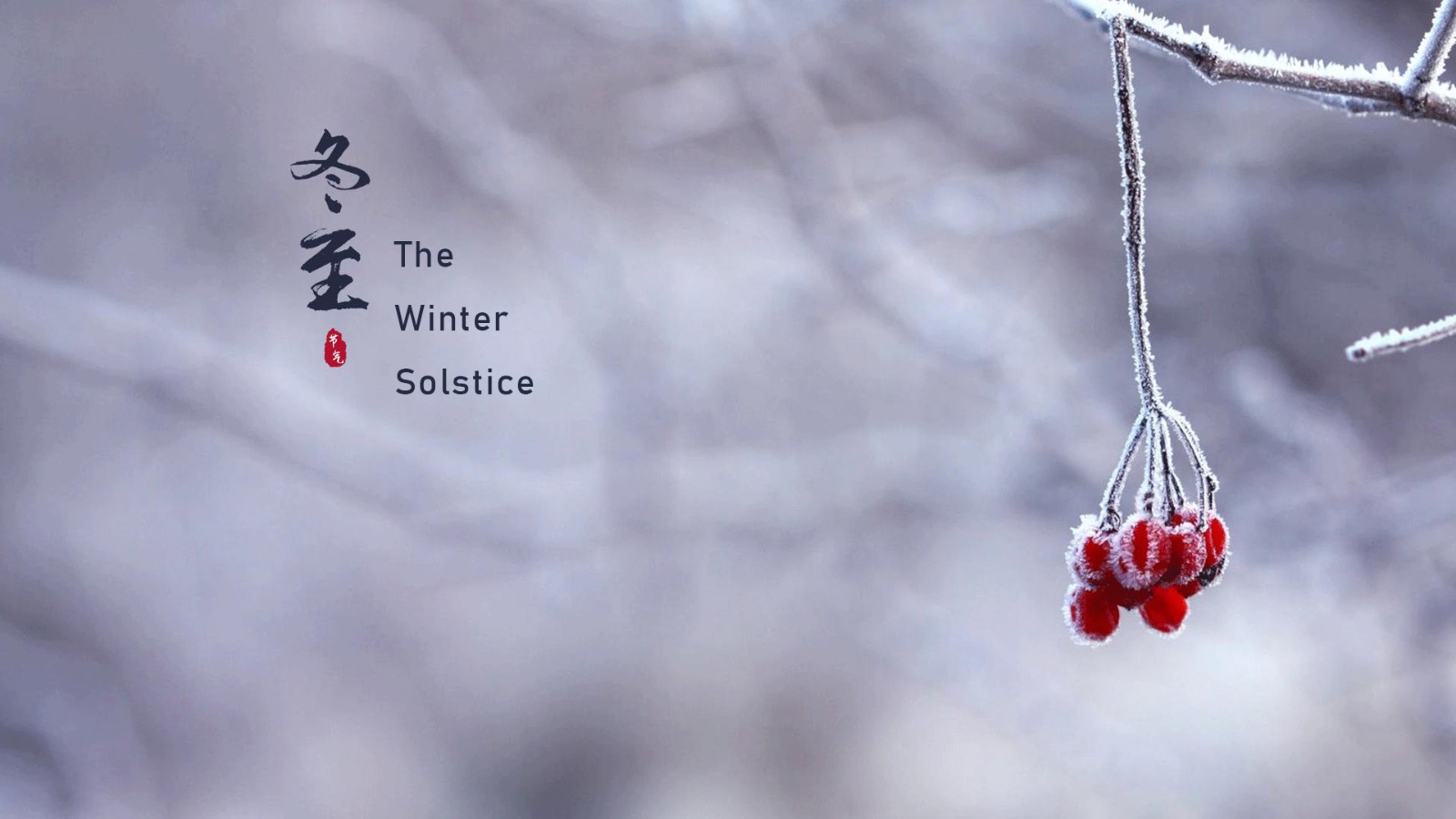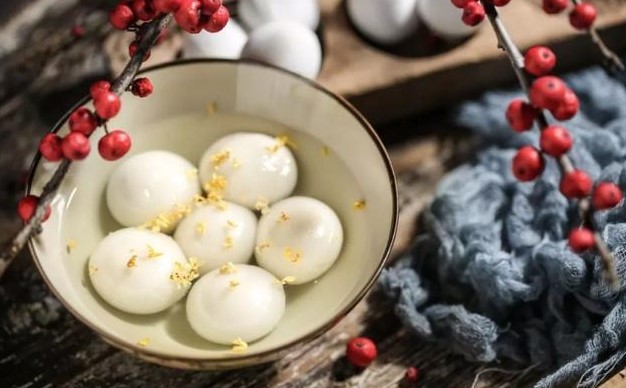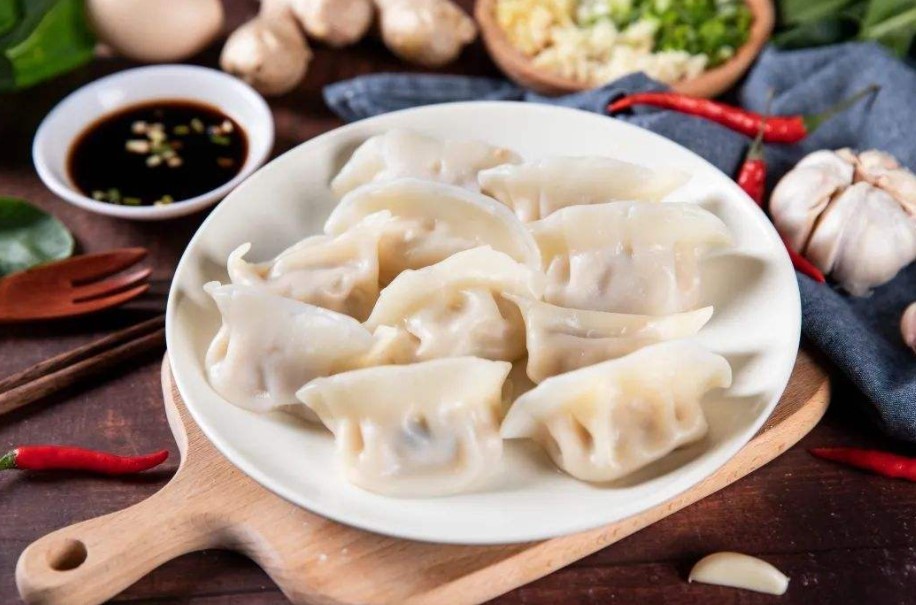Happy Winter Solstice!!! Kinpack Would like to tell you something about the Winter Solstice.
With the freesing wind roaring, the Winter Solstice comes in late December. Local Feast and festive customs add a sense of ritual to the arrival of the Winter Solstice which heralds increasingly cold days period often referred to as "the depth of winter

Winter Solstice generally falls in between December 21 and December 23 of the solar calendar. This day is as the longest night of the year with the shortest period of daylight in the Northern Hemisphere. After the Winter Solstice, the day draws out. During as early as Spring and Autumn Period more than 2,500 years ago, China used an ancient Chinese sundial to measure the length of a shadow and determine the date of the Winter Solstice which was nailed down earliest in the twenty-four solar terms. In ancient times, people believed that the Winter Solstice marked the starting point for the calculation of China's twenty-four solar terms.

The New Year is only a few days away when the Winter Solstice arrives, so the Winter Solstice is regarded nothing less than the Spring Festival. Thus the popular folk saying of "the Winter Solstice is more important than the Chinese New Year".
The Winter Solstice is both one of the twenty-four solar terms and a traditional festival of the Chinese nation. Since the Zhou Dynasty, the Winter Solstice has been hailed as the start of a new year. During the period of 206 B.C-220 A.D., although the Emperor Wu of the Ham Dynesty used the lunar calendar to separate the first month and the Winter Solstice, the Winter Solstice Festival remained an important local festival when people would pay tribute to their ancestors and hold celebrations. During the Ming and Qing dynasties, the emperor would lead all officials to the Temple of Heaven to hold a ceremony on the Winter Solstice day. Therefore, the belief that "the Winter Solstice is more important than the Chinese New Year" is well grounded.

People in ancient times believed that the Winter Solstice marked the day of the next cycle, hence it is a rather auspicious day. Accordingly, customs such as family dinners often highlight the Winter Solstice. After thousands of years of development, the Winter Solstice has formed a unique cuisine culture in China. A saying goes that it is a ritual to eat dumplings on the Winter Solstice while noodles on the Summer Solstice. In north China, freshly-made dumplings are in an essential holiday meal. In water towns in the south of the lower reaches of the Yangtze Rive, family members will eat glutinous rice together. Glutinous rice balls, a snack Shanghainese eat on the day, have become popular in other places. Cantonese will feast on a special meat meal made for the Winter Solstice. After paying tribute to the ancestors, the whole family will prepare a feast including fish and bacon sausages, chatting over the dinner. People will pray for good fortunes in the coming years.
